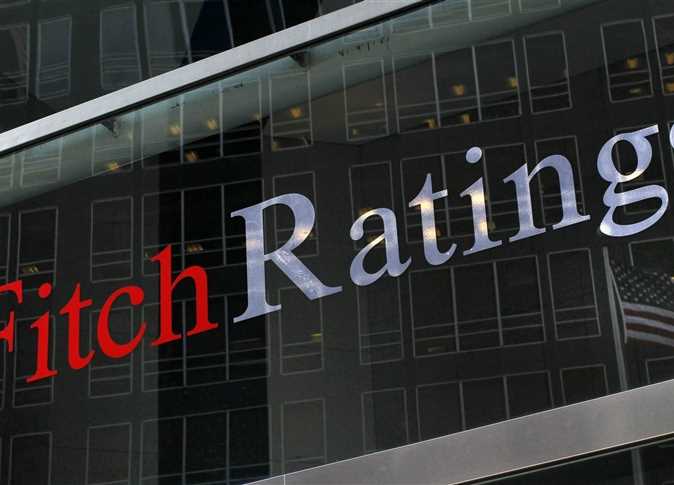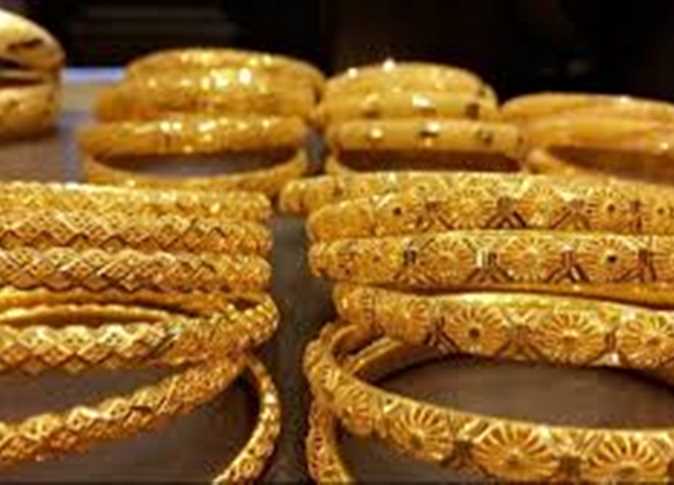In an interview with Al-Masry Al-Youm, economics expert Gouda Abdel Khaleq spoke about the Hisham Talaat Mostafa Group's contoversial Madinaty land project, free versus planned economies, and what he described as the "crony capitalism" currently dominating Egypt’s economic landscape.
Al-Masry Al-Youm: How do you view the Madinaty project row?
Gouda Abdel Khaleq: It is so sad to be asking this question right now, while we are commemorating our victory in the 1973 war that aimed to free our land. The dispute surrounding the Madinaty project unfortunately shows that we are living in an age where our lands are being squandered. This land does not belong to the government, it belongs to the people, but the government is manipulating it without authorization. When our impartial courts annulled the contracts signed for the project, the state first tried to get around the ruling and then ignored it. And instead of punishing corrupt businessmen for wasting lands, the government decided to reallocate them to the same company involved in the scandal, providing unsound justifications which would not even convince a child.
We are all aware that the company working on the project has foreign partners, which suggests that the lands we fought for in the past are now being given up to businessmen and foreigners. It is not only about the land in the Sinai, other large areas are also being sold to our enemies at the Red Sea, North Sinai, and the Northern Coast.
The issue has other economic implications. Active societies depend on producing resources, while defunct ones rely on selling their assets, and Egypt’s government is a blatant example of the latter since it sells lands, assets, and natural gas at low prices.
ِAl-Masry: Why, in your opinion, does the government favor selling land, and what is the result?
Abdel Khaleq: I consider this a sort of political and economic bankruptcy. Speaking of which, I remember when the government first began to present it self as a government of businessmen that would lead the way to development, but none of that development has materialized. That doesn’t surprise me since I have warned of the so-called marriage between wealth and authority, and the government, instead of their separation. The government has been working to strengthen these ties. In fact, it appointed five businessmen to ministerial posts. Presenting cronies with the people’s lands paves the way for more corruption.
Al-Masry: Is Egypt’s economy free or planned?
Abdel Khaleq: There is no planning at all except for the destruction of this society’s capabilities. The economy lacks any declaration of national objectives. That’s not to suggest that this country does not adopt any planning at all, for if you observe our political system, you will notice its dependence on the concentration of power in a way that makes all plans and decisions serve the interests of the business elite and is completely against the well-being of other sectors of society. For instance, laborers were damaged by the privatization policy and have been all but abandoned; public servants decry government decisions that ignite further price rises and infringe upon their right to medical care.
It is not, therefore, me or you or any of us who make the decisions, it is those who are keen to serve the elite in power. We are experiencing a kind of capitalist hegemony over governance, at a level which has not even been seen in the United States, which, though representing the extreme example of capitalism, still has restrictions on the management of capital.
Al-Masry: Has Egypt followed capitalism?
Abdel Khaleq: Of course not. The reality tells us that we are applying a sort of Memluke feudalism, with each tycoon controlling a specific sector of economy, and all of this is far away from capitalism, which is, eventually, governed by gain-seeking mechanisms.
Al-Masry: What about the current economic system?
Abdel Khaleq: The present system relies on seizing dividends through trading commodities that are not produced but rather existing already, such as land, and with each cycle of exchange, dividends flow. Therefore, our society is a one that lives on profits instead of seeking gains.
Al-Masry: If you do not call this capitalism, what would you tag it?
Abdel Khaleq: We do not have capitalism, you can replace the term with a more common one used in political science; that is “crony capitalism”.
Al-Masry: And how does crony capitalism affect society?
Abdel Khaleq: I can show you the signs of the effects but can’t give you statistics. One of these signs is the jobless rate among the youth who represent 30 percent of the population. If we consider the psychological and financial burdens this sector of society has to endure, we can see that it is very significant. This state of despair motivates some of those youth to face death by drowning trying to escape Egypt on illegal boats to Europe.
Another aspect is the deteriorating standard of living for five million public servants, whom the state does not compensate as it causes inflation. Add to that the laborers who are kicked out by private sector organizations under the veneer of the so-called early retirement.
A new phenomenon has also emerged, represented in some jobs that are not governed by contracts, though the International Labor Organization lays stress on the individual’s right to suitable jobs that involve adequate work environments and sufficient incomes.
If we move to the largest sector, that is, the peasants, we will find that the state has applied laws which made them feel their position is precarious.
In conclusion, the middle class, including the youth, laborers, and public servants, have been forced to pay the bill for the allegedly free economy. Our society has even become incapable of producing its own food, which poses a danger to its security.
Al-Masry: Does Egypt suffer poverty of resources?
Abdel-Khaleq: Egypt is not resource poor, but rather plundered. This country enjoys a population of around 80 million, but without proper education, training, and democracy, no real outcomes will be seen. It is also rich in water resources, possessing 55.5 million square meters, but we prefer to use water to irrigate golf courses instead of properly utilizing it.
Translated from the Arabic Edition




